News
-
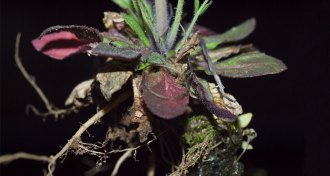 Plants
PlantsDefense hormones guide plant roots’ mix of microbes
Plants use salicylic acid to attract some bacteria to roots and repel others.
-
 Physics
PhysicsElusive particle shows up in ‘semimetal’
Weyl fermions, which resemble massless electrons, have been spotted inside tantalum arsenide. Their discovery comes 86 years after they were proposed.
By Andrew Grant -
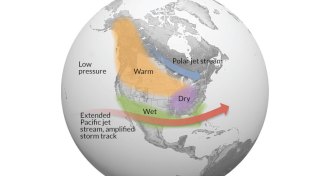 Climate
ClimateCurrent El Niño coming on strong
Meteorologists expect the ongoing El Niño to strengthen in the coming months and alter weather patterns worldwide, including bringing potential drought relief to California.
-
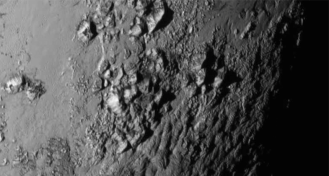 Planetary Science
Planetary ScienceMission to Pluto: Live coverage
The New Horizons spacecraft is scheduled to fly by Pluto on July 14. Check back often for frequent updates on the status of the mission, updates from mission control, and the latest images.
-
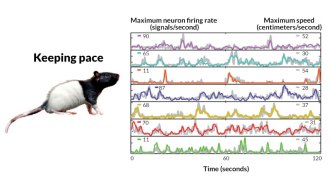 Neuroscience
Neuroscience‘Speed cells’ found in rats’ brains
Newly discovered “speed cells” clock rats’ swiftness.
-
 Particle Physics
Particle PhysicsLHC reports pentaquark sightings
Two particles discovered at the Large Hadron Collider are composed of five quarks, not two or three like nearly every other known quark-based particle.
By Andrew Grant -
 Anthropology
AnthropologyTooth, jaw fossils tell tale of North America’s last nonhuman primates
Oregon fossils provide new clues to North America’s last nonhuman primates.
By Bruce Bower -
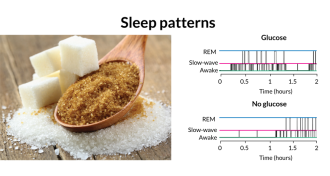
-
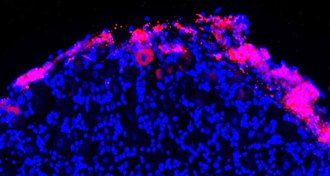 Health & Medicine
Health & MedicinePotential pain treatment’s mechanism deciphered
Scientists have new insight as to how a class of environment-sensing bone marrow cells can help safely relieve pain.
-
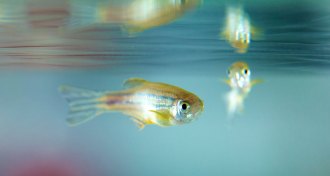 Genetics
GeneticsMutation-disease link masked in zebrafish
Zebrafish study shows organisms can work around DNA mutations.
-
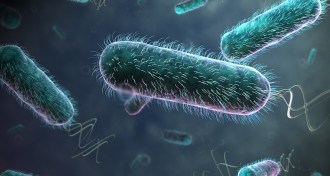 Physics
PhysicsSwimming bacteria remove resistance to flow
The collective motion of swimming bacteria can virtually eliminate a water-based solution’s resistance to flow.
By Andrew Grant -
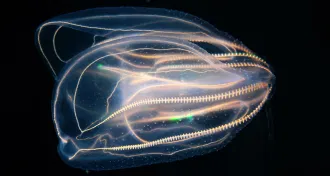 Paleontology
PaleontologyAncient comb jellies might have had skeletons
Soft and filmy today, comb jellies might once have had rigid skeletons.
By Susan Milius